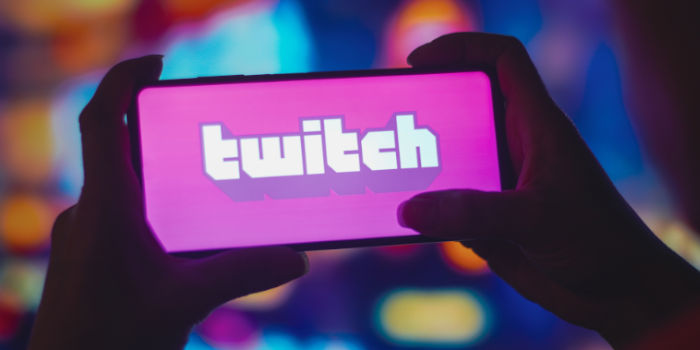Twitch Channels Continue to Offer Sponsored Gambling Content

According to news reports, at least 120 accounts streaming Counter-Strike are now possibly facing a ban from the Amazon-owned streaming platform Twitch.
The platform alleges that these accounts have been promoting gambling products, as part of endorsement deals. Twitch originally suspended such partnerships on October 18, 2022, prompting indignation from many top accounts, including Trainwreckstv and xQc, both of whom decided to quit the platform for rival Kick.
Kick was created as a more liberal-minded alternative to Twitch, in which the user decided whether they wanted to see streams featuring gambling or gambling endorsements, going for a more user-centric approach.
According to Twitch, the 120 banned accounts had promoted skin gambling sites, which are operators that use Counter-Strike cosmetic items as their main currency. This is done in a bid to bank on the vibrant economy surrounding these skins.
The websites themselves claim that the skins are not worth real money – which is especially the case after Valve cracked down on this trade, but they still hold value and are considered to be an illegal type of gambling operation.
However, Twitch has been adamant in its rules of suspending and restricting illegal gambling. The platform considers skin gambling to be just as much an illegal form of gambling as the next unlicensed operator.
Twitch specifically names skin gambling as one of the prohibited forms of gambling that it sets its guidelines against. Will this completely uproot all such partnerships?
Not necessarily. Surprisingly Twitch is not able to track all of these streamers, and many new ones come into play and are usually too small to trigger a more specific review. The issue with illegal skin gambling sites and their sponsorships though continues to plague the platform.
Valve, the company behind Counter-Strike faced several class-action lawsuits accusing the company of facilitating underage gambling, prompting the developer and publisher to crack down on these platforms.
Nearly a decade after the seminal lawsuit against Valve, though, gambling sites using skins as currency are a thriving market that has been resilient enough to resist Twitch’s community guidelines and flood the platform.


